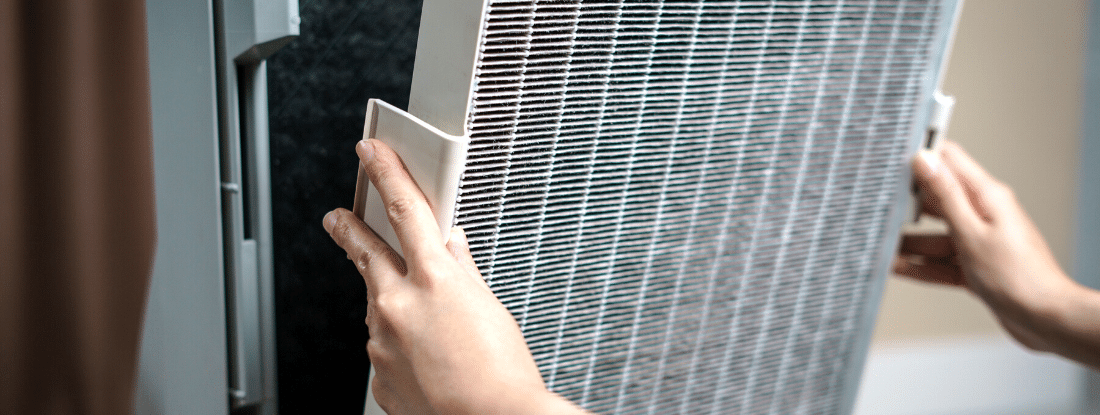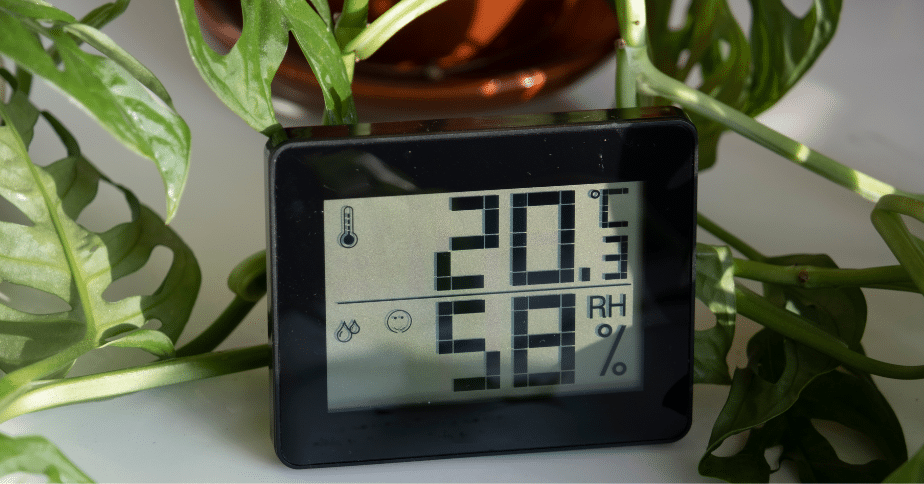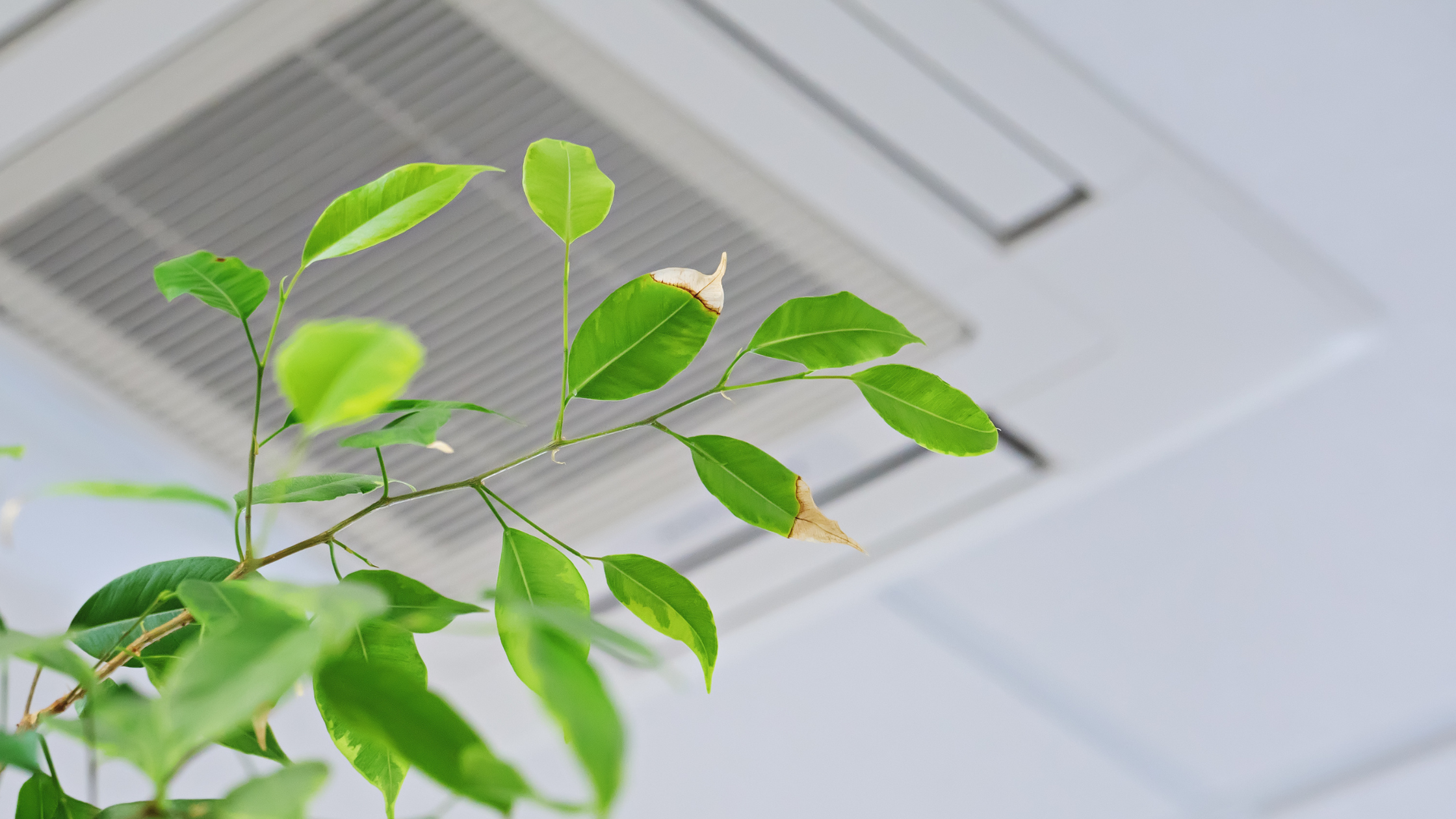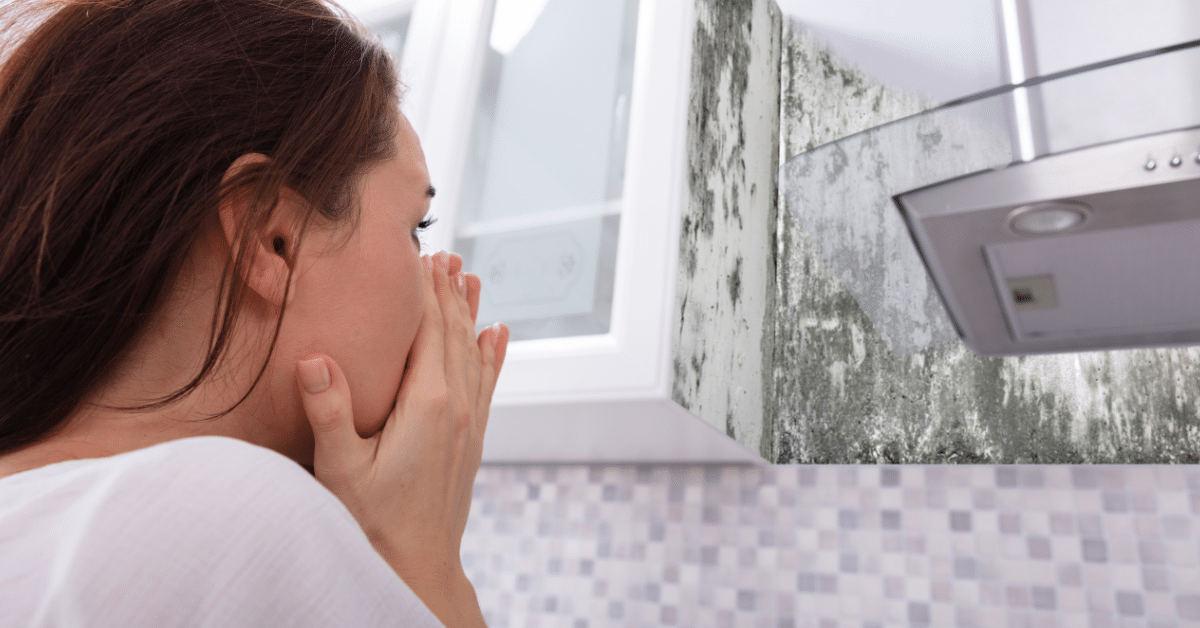What Are VOCs and How Do They Affect You?

Indoor air quality plays a vital role in your overall health. Learn what VOCs are, how they affect your air quality, and what you can do to combat them.
What is a VOC?
“VOC” stands for “volatile organic compounds” and refers to certain gases and chemicals released from various sources. Many VOCs reside in cleaners, paints, pest control, and other household substances. Perhaps you have noticed an irritated throat, clogged sinuses, or itchy eyes after cleaning your kitchen or bathroom. This is because the VOC’s in many everyday items can affect your indoor air quality and, ultimately, your health.
Causes and Effects of VOC’s
VOC accumulation is far more common indoors than outdoors, simply because the chemicals have nowhere to go in such a tight space. Consequently, it is important to know where VOCs come from and the effect they can have on your home in high concentration.
Sources of VOCs include the following:
- Paints and Strippers
- Non-Natural Cleaners
- Bleach
- Pest Controls
- Air Fresheners
- Craft Supplies (glues, inks, glitters, etc.)
- Vehicle Repair Products
- Detergents
- Perfumes and Lotions
- Body Soap
Possible negative effects of ingesting too many VOCs:
- Itchy skin and eyes
- Sore throat
- Stuffy or runny nose
- Watery eyes
- Respiratory infections
- Chronic allergies
- Headaches
- Asthma or COPD triggers
- Rash or other skin problems
- Nausea
- Dizziness or lightheadedness
- Chronic fatigue
- Long-term kidney or liver damage
- In some cases, cancer
Tips for Eliminating VOCs from Your Home
Now, the occasional use of a non-natural cleaner probably won’t cause you undue harm. However, continued exposure to VOC’s over a significant period of time can lead to long-term health problems. Additionally, no one wants to exacerbate allergies in their own home. This is why it is so important to take preventive measures against bad indoor air quality.
To cut back on VOC accumulation within your home, take the following steps.
1. Check the ingredients in your products.
Unless you completely switch to natural products, you won’t be able to avoid every harmful chemical and gas. However, you can take precautions against the worst ones by reading the labels of the products you buy. For example, methylene chloride, benzene, and perchloroethylene are chemicals that you don’t really want circulating in your breathing air. There are many apps you can download that allow you to scan product labels and read about each ingredient.
Even if you don’t want to go completely natural, we recommend that you purchase products with mostly clean ingredients. This includes household cleaners, air fresheners, and self-care products that go directly on your skin.
2. Ventilate your home thoroughly and often.
When you do use chemical-laden products, use fans, and open windows to ventilate your home. Fresh air eliminates VOC’s and improves indoor air quality (as long as the outdoor air quality is up to par!).
3. Keep product use to a minimum.
Try not to fill your air with too many VOC’s at one time. That is, don’t clean your bathroom with bleach and spray pesticide in the same afternoon. Additionally, keep only the products you need at any one time in your home. Dozens of opened products can slowly leak VOC’s into your home, reducing indoor air quality.
4. Change your air filter.
Your air filter plays an important role in blocking pollutants from entering your air circulation. Use a high-quality air filter, and change it as often as the manufacturer recommends.
5. Schedule routine professional maintenance.
Air quality inspections by licensed professionals ensure that your home stays fresh, clean, and healthy. Keep an eye out yourself, but don’t be afraid to contact air quality inspectors for help.
Gain Control Over Your Indoor Air Quality!
Volatile organic compounds can lower your indoor air quality and weaken your immune system. If you notice that you have a problem with indoor pollutants, it is best to enlist the help of a professional. Contact AQA if you have any questions or concerns about chemicals, dust, or mold in your home or business. With their combination of experience and knowledge, you can be assured that everything will be handled properly.



